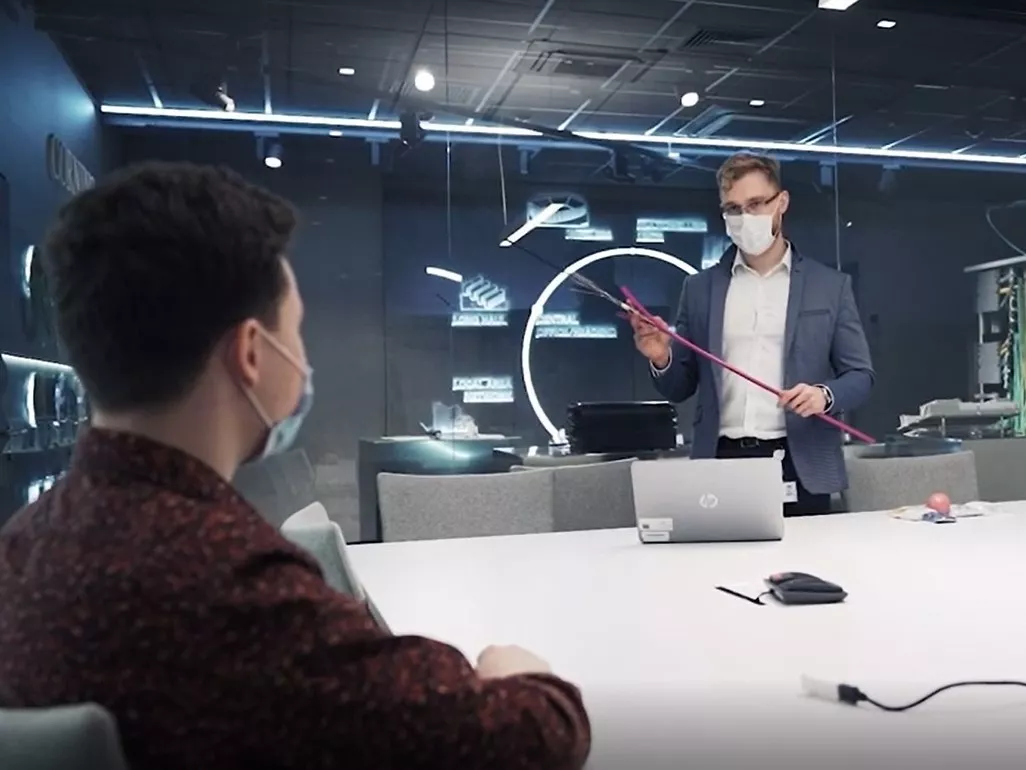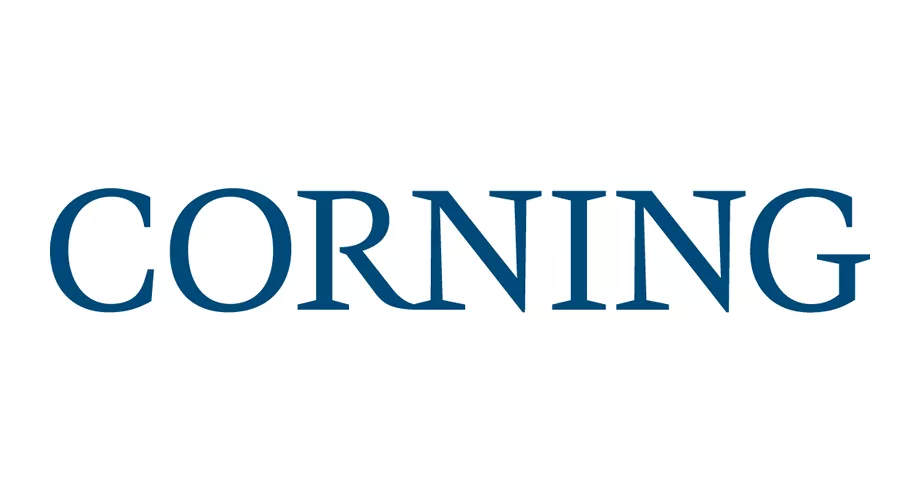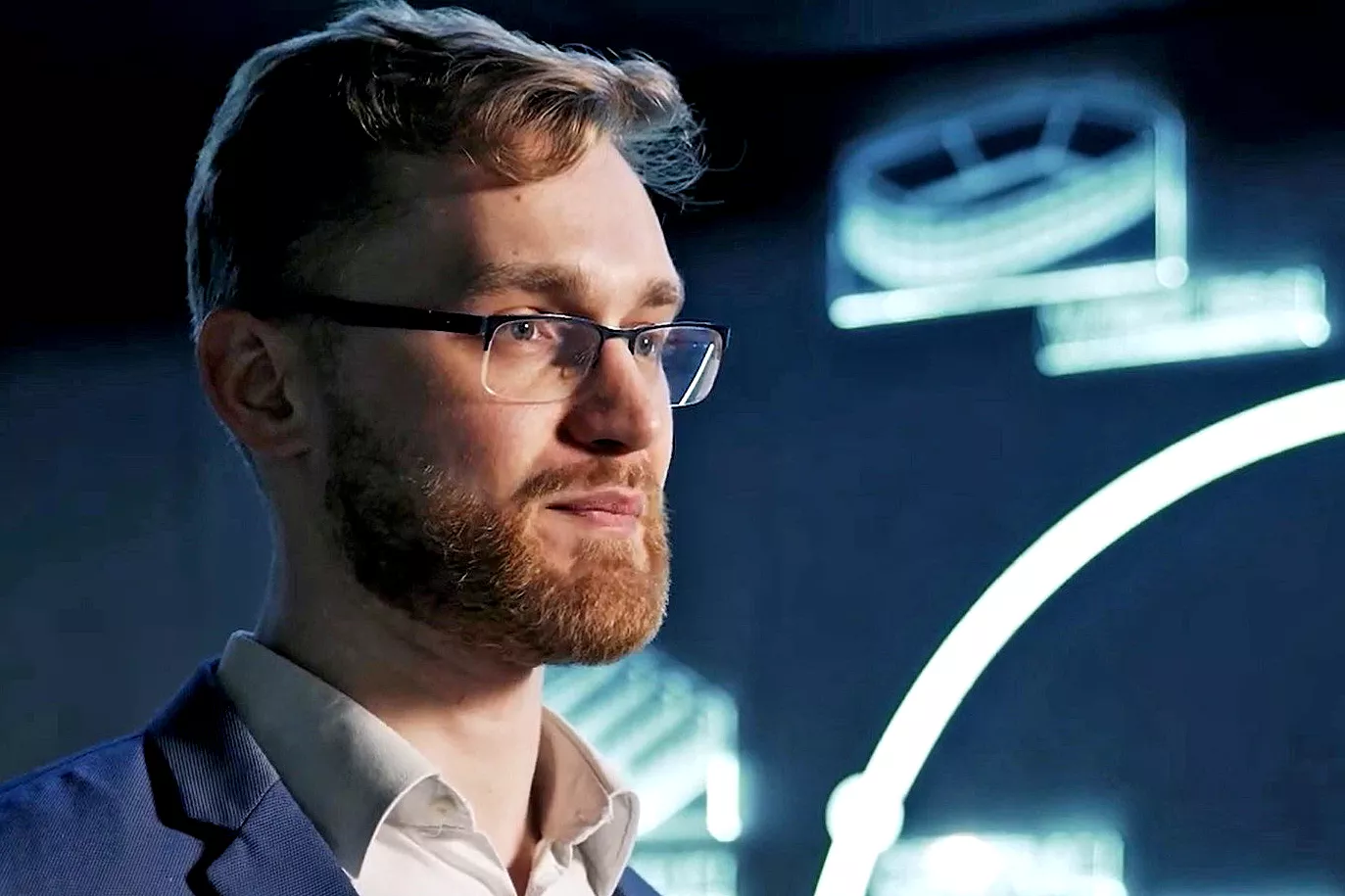Chemistry has more than one name... Maciej Danek, a graduate in nanotechnology, recently defended his doctorate at the Faculty of Chemistry while pursuing his career at Corning. Today, he talks about his development prospects at Lodz University of Technology, his work on fiber optics, but also about the realities of literature from the point of view of a scientist.
You work in the field of materials engineering and graduated in nanotechnology. To what extent do you use the education you received at the Faculty of Chemistry in your current work?
Nanotechnology in the Faculty of Chemistry is essentially materials engineering with a greater emphasis on new technologies, particularly at the nano scale. Studying and developing nano-aspects of materials technologies requires a good knowledge of 'conventional' technologies. The boundary between nanotechnology and materials engineering is itself quite fluid and conventional, as, indeed, is the very definition of nanotechnology. In my job there are quite a few aspects that I learned about at university, and I often return to the knowledge I acquired then.
So, is it worth studying nanotechnology...?
Definitely yes. It is an interesting and future-oriented course that allows you to be well versed in the latest trends in materials technology. The organization of the studies is more flexible in various areas than in other courses and allows you to realize your "idea for yourself" in many specializations. The student exchange trips and internships abroad or, as in my case, placements in industry, are also a great advantage.
Both professionally and academically you are involved in fiber optic cables. What exactly are your interests in this area focused on?
For almost 5 years I was a production materials engineer for the EMEA region, which includes two fiber optic cable factories - in Poland and Turkey. I was in charge of cable materials - all the plastics used in their production except for the optical fiber itself. Since the beginning of 2022, I have been leading a group of materials engineers who have taken over projects from me. As well as building and coordinating the work of the new team, I myself remain involved in key new materials and capacity projects in the region.
The main focus of my group's work is on projects for the selection, testing and implementation of cable materials for large-scale production. Such projects can be aimed at, for example: reducing costs, securing the availability of input materials, improving products, quality or production efficiency. In addition to carrying out these projects, we also support and coordinate similar projects carried out by other engineers and assist various departments with material expertise, e.g., with regard to material selection or quality analysis. We also participate in meetings, reviews and audits with plastics suppliers.
The scientific path in this area is great for people who have the ambition to discover and create new things. It makes me even more qualified to work in industry and I can fully “spread my wings”.

Why did you choose to study at the Technical University of Lodz and what do you consider to be the university's greatest asset?
I've lived in Lodz since I was a child, I like this city and I didn't want to move. I hesitated between Lodz University of Technology and Medical University, but in the end, I was tempted by the path of technical education. I liked the prospect of being an engineer, the possibilities of 'constructing' new solutions and the description of the nanotechnology degree course. I think a big advantage of this choice is the multitude of career paths that can be followed. The decision to choose a particular field of study is less career-determining than, for example, an education in the medical field. For most of your studies, you can choose or even change your specialization. As a result, after the technical university you can also work in the pharmaceutical industry, light and heavy industry or carry out basic research at universities or scientific institutions, nationally and internationally.
On a personal note, you are a fan of Science Fiction literature. As a scientist, do you see it as fiction or the future?
I am a fan of what is known as Hard SF, which places great emphasis on internal consistency and compatibility with the current state of knowledge of the world and matter. The creators in this trend are often university educated and demonstrate an excellent knowledge of the current state of science and technology, such as Alastair Reynolds or Jacek Dukaj, who are among my favorites. I definitely see scenarios from SF novels as possible in the real world - albeit only in selected aspects, certainly not in agreement with the author's entire vision. As history has proven time and time again, the world has a remarkable tendency to evolve in a direction that surprises even the most progressive visionaries years later.
We invite you to watch a film about Maciej Danek's research and work.
Interviewee: Dr Aleksandra Pawlik
Graphics: Filip Podgórski
Photos: stills from the film about the Interdisciplinary Doctoral School, produced by the Department of Promotion and the Multimedia Centre of the University of Łódź

We are a global leader in optical solutions for industry. What do we do in Poland? We revolutionise communication! We design and manufacture fibre optic cables and soon also optical fibre. Find out more at www.corning.com.
